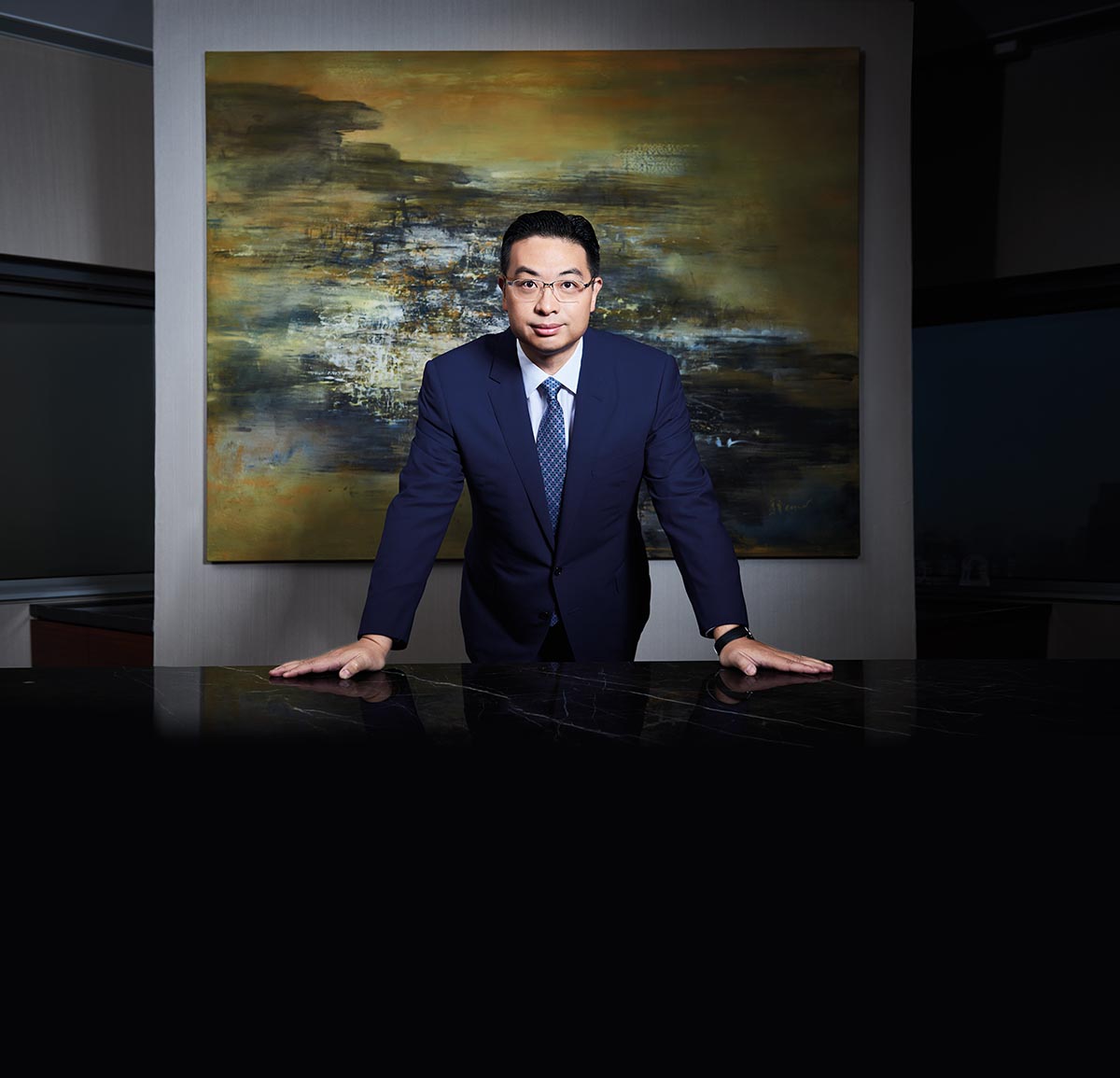
Dr Johnny Hon
Johnny Hon, founder of venture capital and investment company Global Group, is on a mission to lower cultural and trade barriers between east and west to encourage commerce, charity and cultural exchange. The entrepreneur and philanthropist, based in London and Hong Kong, speaks to LUX Editor-at-Large Gauhar Kapparova

LUX Editor-at-Large, Gauhar
Kapparova
LUX: The Global Group seems to have diverse interests and ambitious plans.
Johnny Hon: I founded the Global Group in 1997 whilst completing my PhD at Cambridge University. It has since grown to become a leading venture capital, investment and strategic consultancy with offices in London and Hong Kong. Over the past 20 years, the Global Group has evolved from financing high-yield technology companies to expand into private equity, angel investment and financial services. The company’s diverse interests and areas of expertise range from fine art to FinTech, biotechnology to entertainment and leisure. The future of the Global Group is exciting – we’re a rapidly growing company that responds to opportunities, rather than limiting ourselves to specific sectors. We are always looking for exciting, interesting opportunities, whether that’s a start-up in the UK or supporting the growing appetite for excellent quality wine in China.
LUX: You catalyse and facilitate trade between Europe and China. This seems to be important to you at what must be an essential time to be doing it.
Johnny Hon: We live in an increasingly global era and this is changing the face of modern business. The Global Group has always worked with European companies looking to enter the Asian market, as well as Chinese clients and high net-worth individuals with aspirations in the European market. I believe now, more than ever, it’s essential to encourage trade and mutual engagement between Europe and China and in particular to usher in a new golden era of Sino-UK relations.
In my opinion Brexit can open up vast potential as it will provide overseas investors with more opportunities than ever to enter the market. We have our European office in London, and I think it will always be the financial heart of Europe. I encourage Chinese clients to invest in the UK’s businesses and future, and vice versa, and feel optimistic about the future of global business.
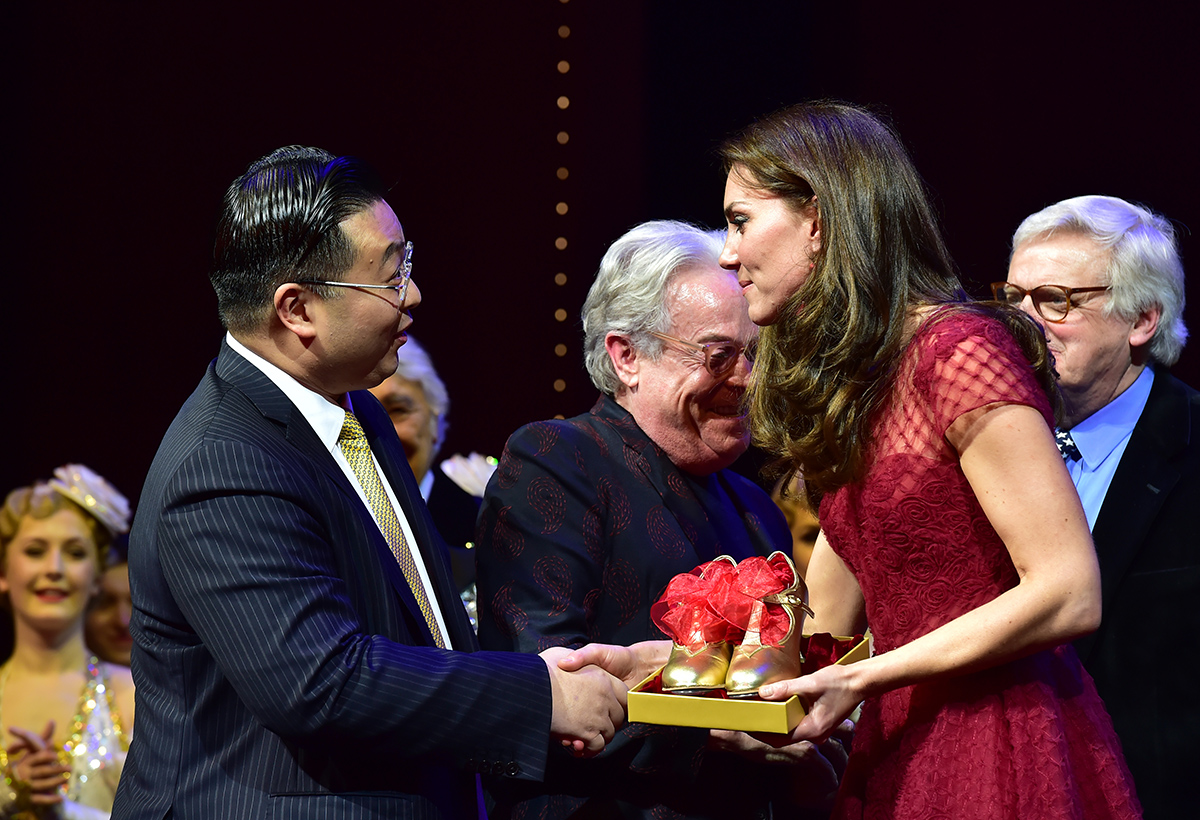
Johnny Hon at the charity première of the stage show 42nd Steet with HRH The Duchess of Cambridge
LUX: You have a broad portfolio of business, philanthropic and diplomatic interests. Please tell us more – it seems you are in effect an ambassador between east and west at a very high level?
Johnny Hon: The main mission of the Global Group is, as our motto says, ‘Bridging the New Frontiers’. We work to remove barriers between the East and the West, and I am passionate about reflecting this in my personal and business interests.
I am British-educated but was born in Hong Kong, and I’m deeply proud of my roots and Chinese heritage. I have always felt like I represent both cultures and I have tried hard to act as an ambassador – a gateway – ever since I set up my company. The Global Group challenges expectations and concerns about doing business in China, and I also embody this role in my diplomatic work.
I am the Honorary Consul for Grenada in Hong Kong and the country’s Ambassador-at-Large. I take huge pride in the private consultancy and advisory work I do with state leaders, prime ministers and presidents from countries around the world.
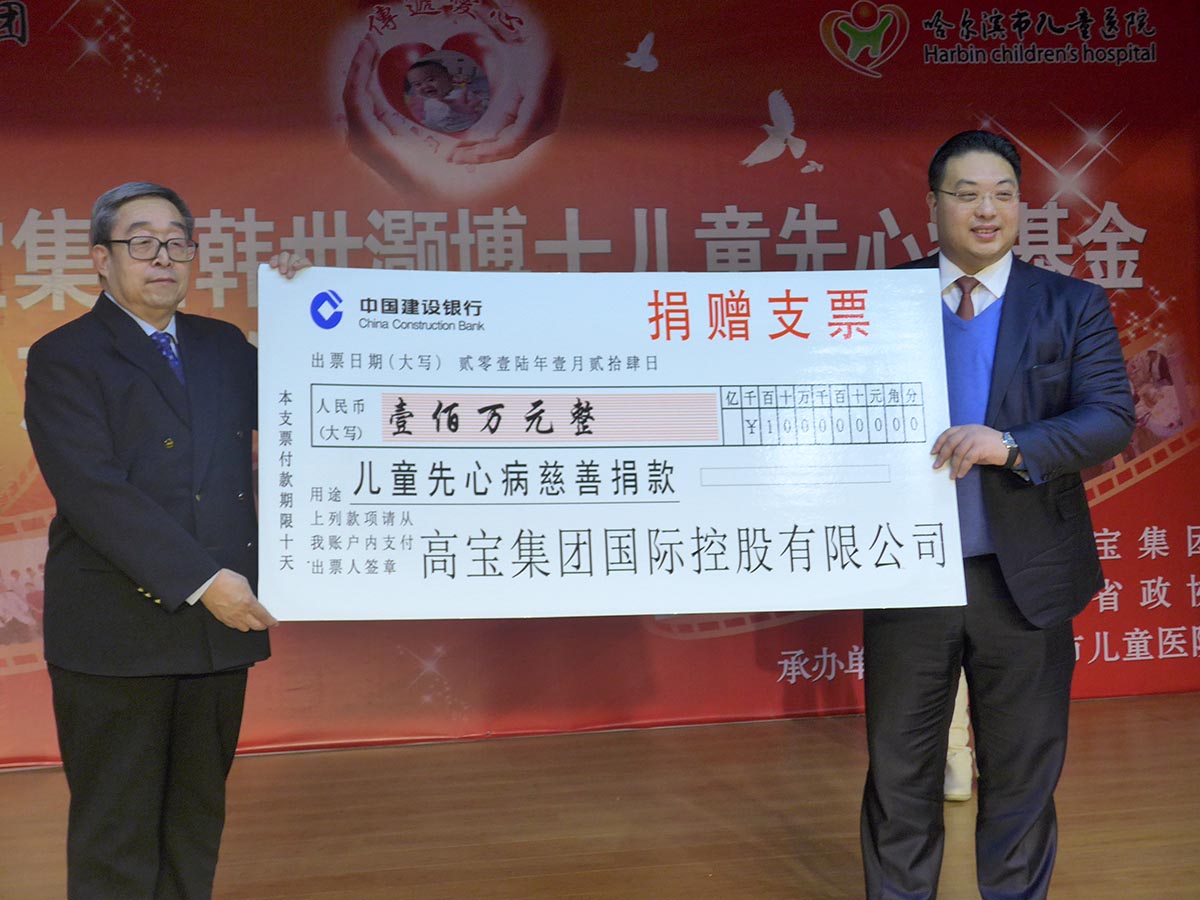
Johnny Hon’s broad range of philanthropic and diplomatic work includes charitable fund raising
Philanthropy is a vital part of my work and an endless source of motivation and inspiration for the Global Group. One position that fills me with particular pride is my role as the first ever Diamond Benefactor of the Duke of Edinburgh’s International Award. I am responsible for growing the scheme throughout the AsiaPacific region and introducing Chinese students and young people to such exciting life skills as teamwork, enterprise and leadership.
I’m also a Founder Benefactor of London based think tank Asia House and Vice President of the 48 Group Club, which works to raise awareness of Chinese business and innovation in the UK and promote positive relations between the two countries.
In all areas of my life – business, diplomacy, philanthropy and personal – I take great pride and pleasure in my ambassadorial role.
LUX: Does the West have much to learn from China, and vice versa?
Johnny Hon: We can all learn and benefit from a global outlook. China is now a hub of technological advancements and entrepreneurial spirit. The West can learn from its productivity levels, dedication to innovation and broad acceptance of technology, especially regarding the fourth industrial revolution.
The West, and the UK in particular, is inspiring in the approach it takes to investing in future talent and it is the home of some of the world’s greatest educational institutions. It is also an outstanding provider of services, especially in the financial and legal sectors.
From East to West, I am passionate about education and how it is already changing the business landscape. Right now, over 300 million people in China are learning English and the UK has the world’s second largest population of Chinese students studying overseas. I think we should all look to China and how it is encouraging, supporting and inspiring a global outlook for the next generation.
LUX: Tell us more about your philanthropy and your plans in that area.
Johnny Hon: Philanthropy and social responsibility is at the core of the Global Group. It bolsters my sense of purpose and motivates me to work even harder.
I have always wanted to give back. When I was reading for my PhD at Cambridge, I realised that I would be able to have more impact as a businessman than a doctor, and this started my philanthropic career.
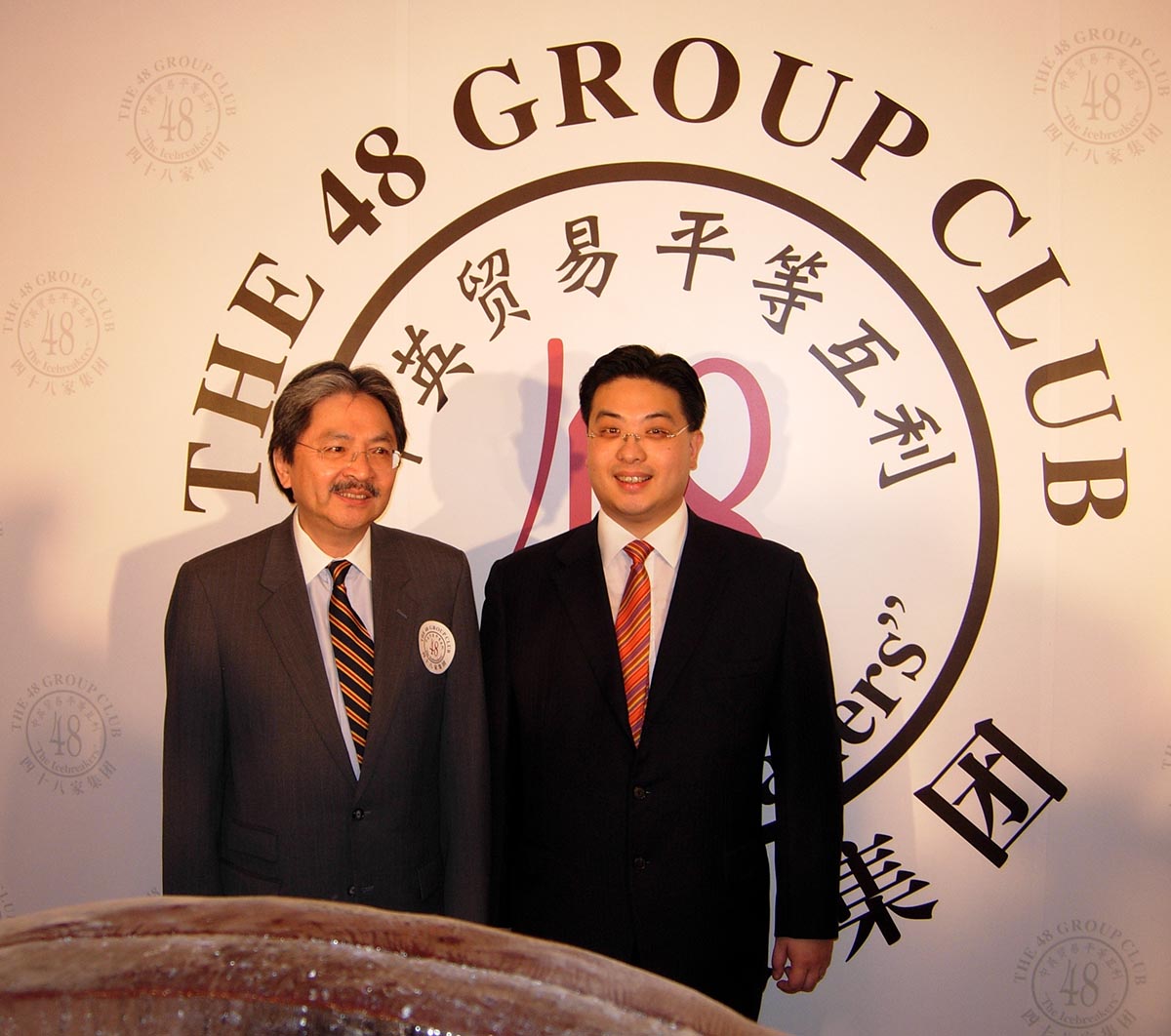
Amongst many philanthropic roles, Johnny Hon is the Vice President of the 48 Group Club
We’ve now donated to over 160 charities worldwide and my projects have ranged from setting up Oxford and Cambridge University scholarship schemes to sponsoring the first London production of the China National Beijing Opera Company at Sadler’s Wells through the Hon Foundation for Music and the Performing Arts.
It is particularly rewarding to be able to combine my passion for the arts with my interests in raising awareness of Eastern culture in the UK, supporting the Global Group’s mission to bridge the gap between the East and West.
LUX: Please tell us about other areas you are developing in your business that are exciting you right now.
Johnny Hon: Sitting at the helm of a rapidly expanding company that is growing in numbers, clients, countries of operation, and team members, is hugely exciting in itself.
Looking at investment opportunities and areas, right now, there is a fascinating trend for Chinese investors to look to British heritage companies. China has a growing consumer society with an increased disposable income and appetite for British luxury goods such as whisky and smoked salmon. There’s a huge market there for UK companies to work with China, and vice versa, to develop this and other opportunities.
This year, we are building on the sustainable side of the Global Group, with a focus on our shared global future. We are focusing on technology that sets out to tackle challenges posed by issues such as population growth and its environmental impact, including green technology, agricultural technology and biotech, for example.
Investing in something that could improve life quality and expectancy means that I have the potential to make a real impact and change the lives of many millions of people for the better, which is both exciting and awe-inspiring.
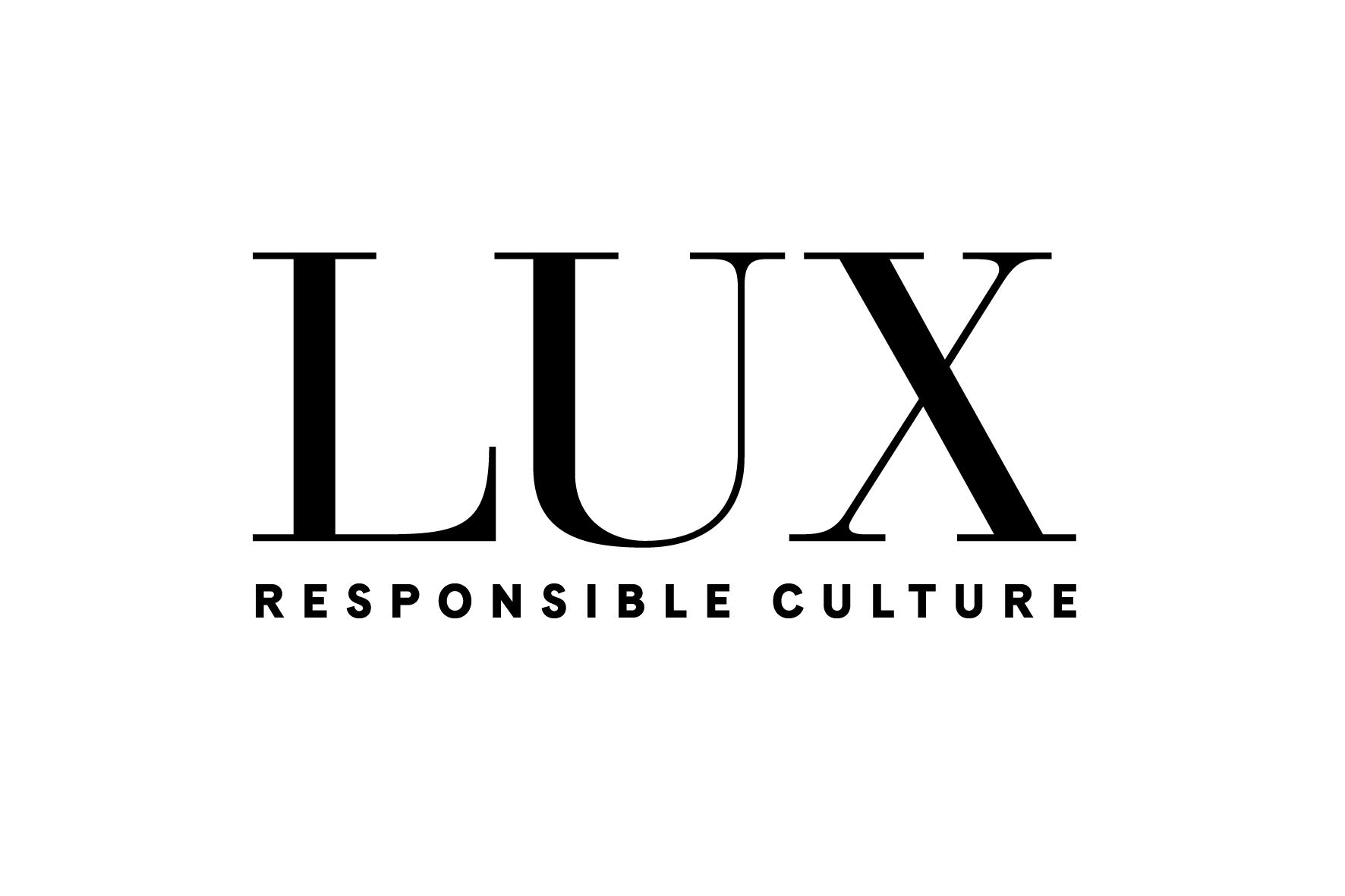
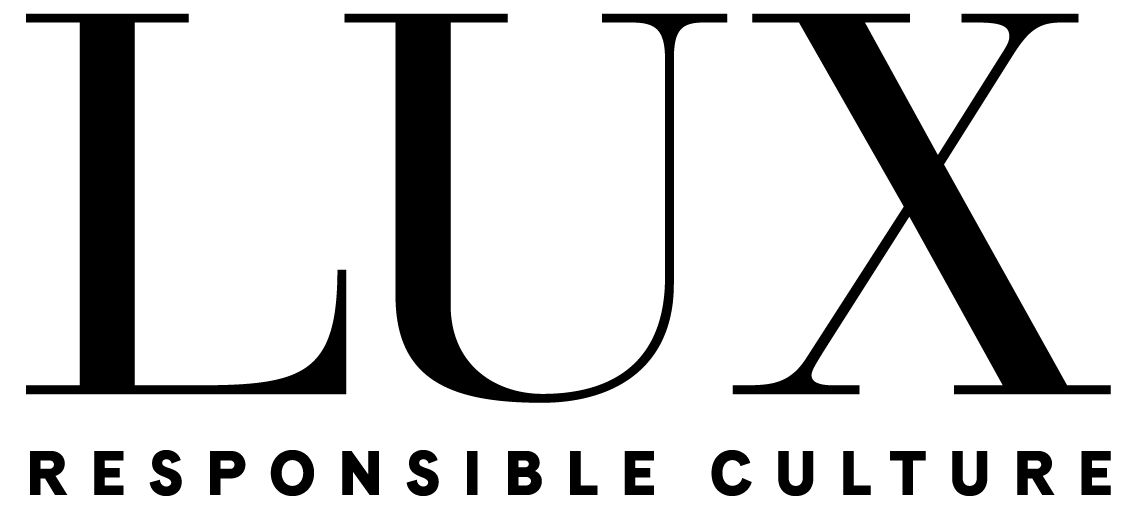


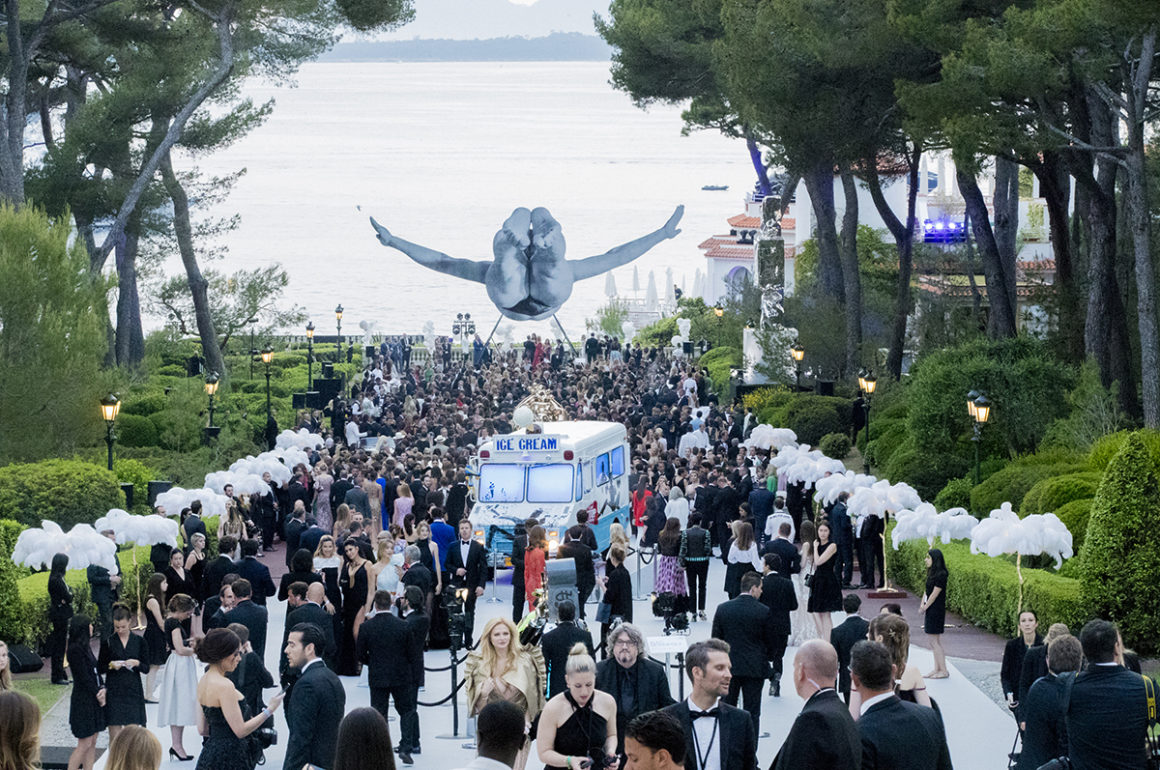
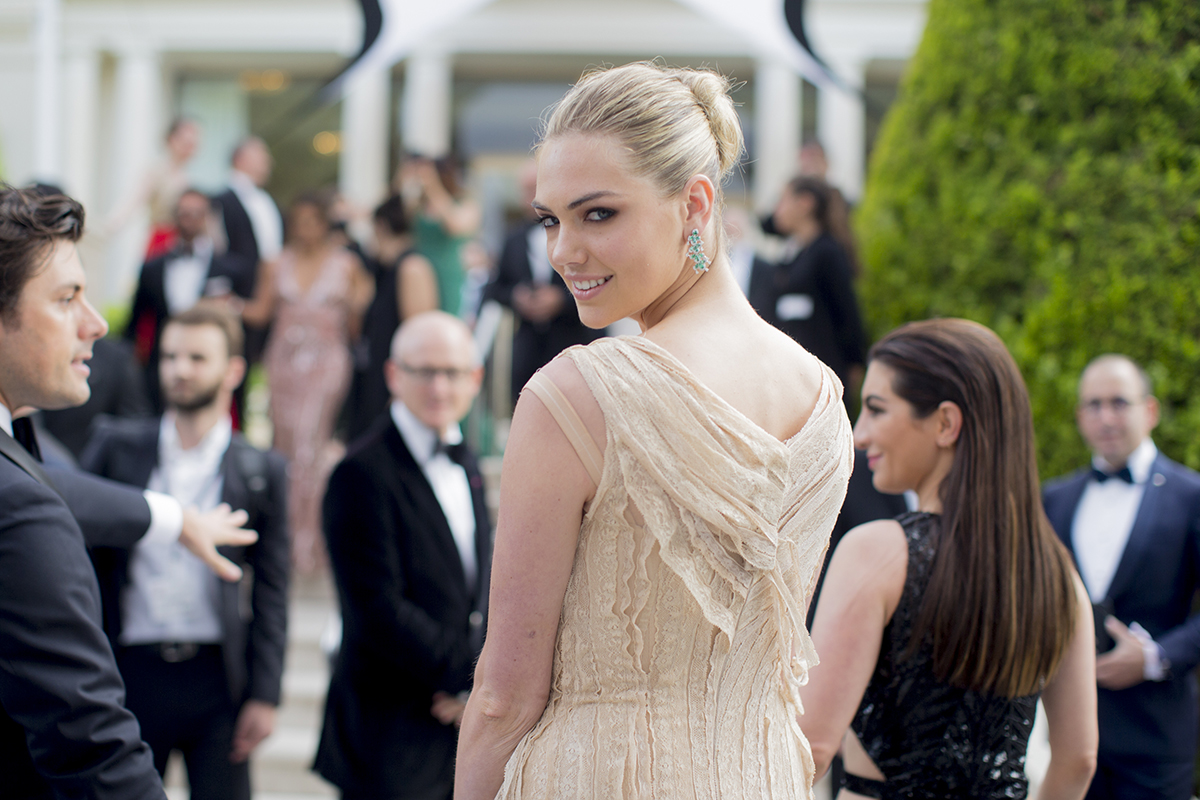
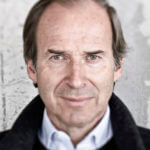
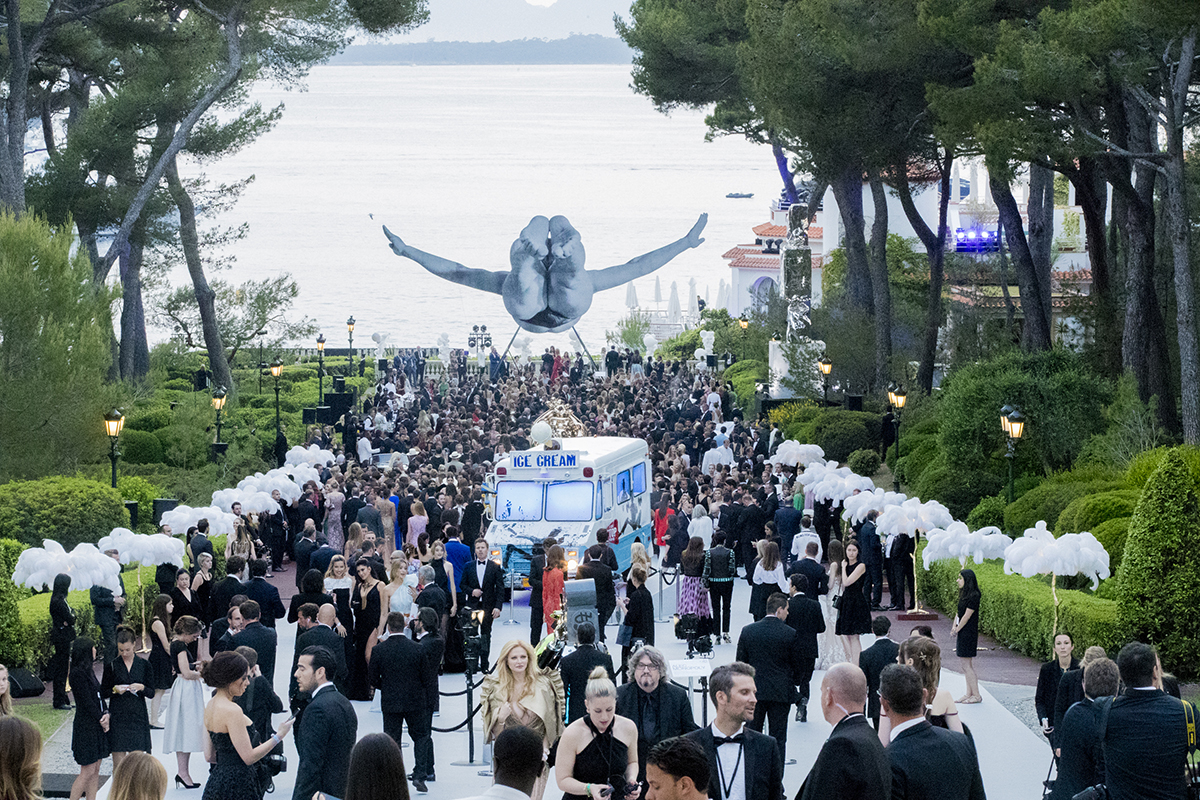
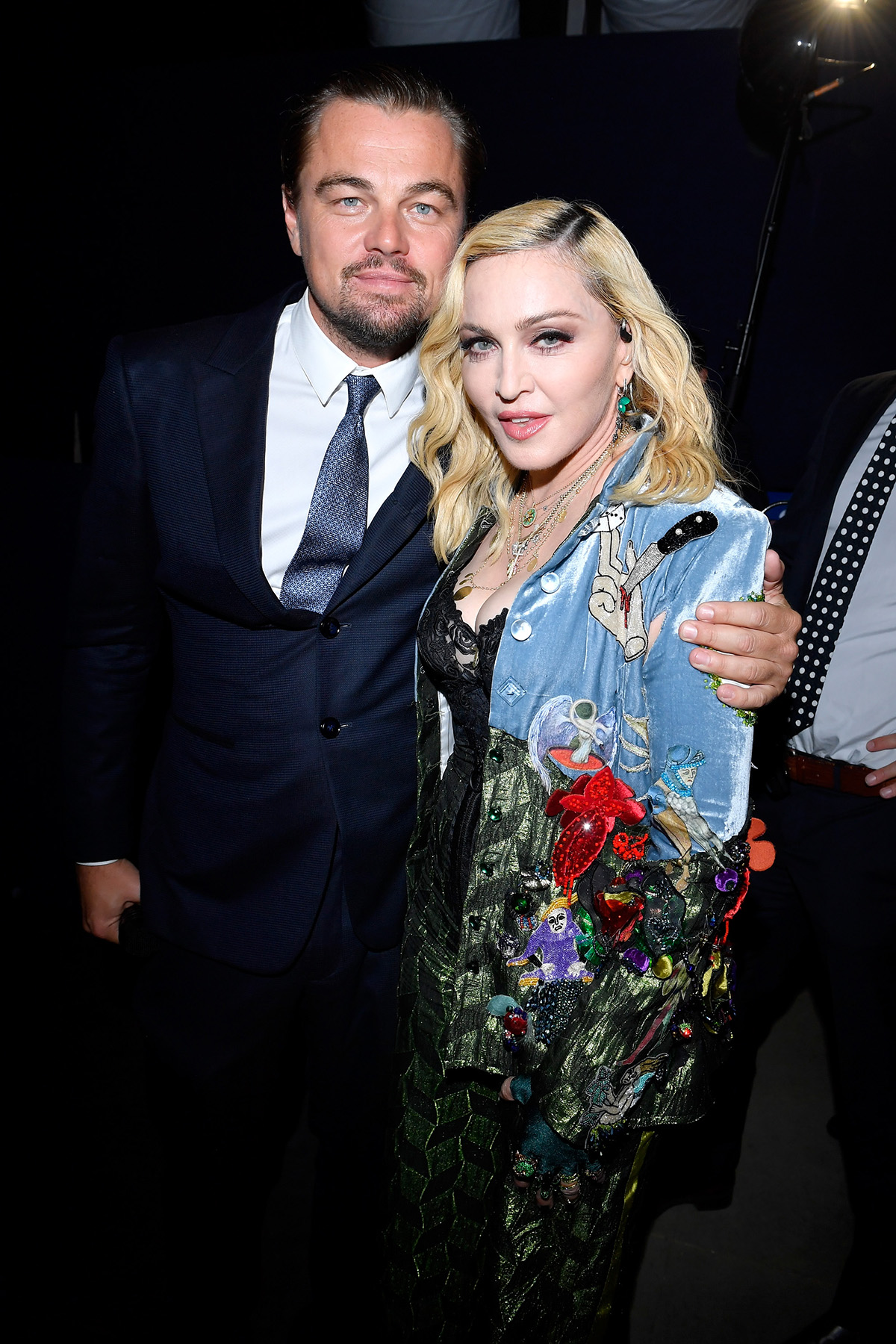
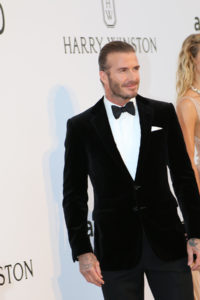



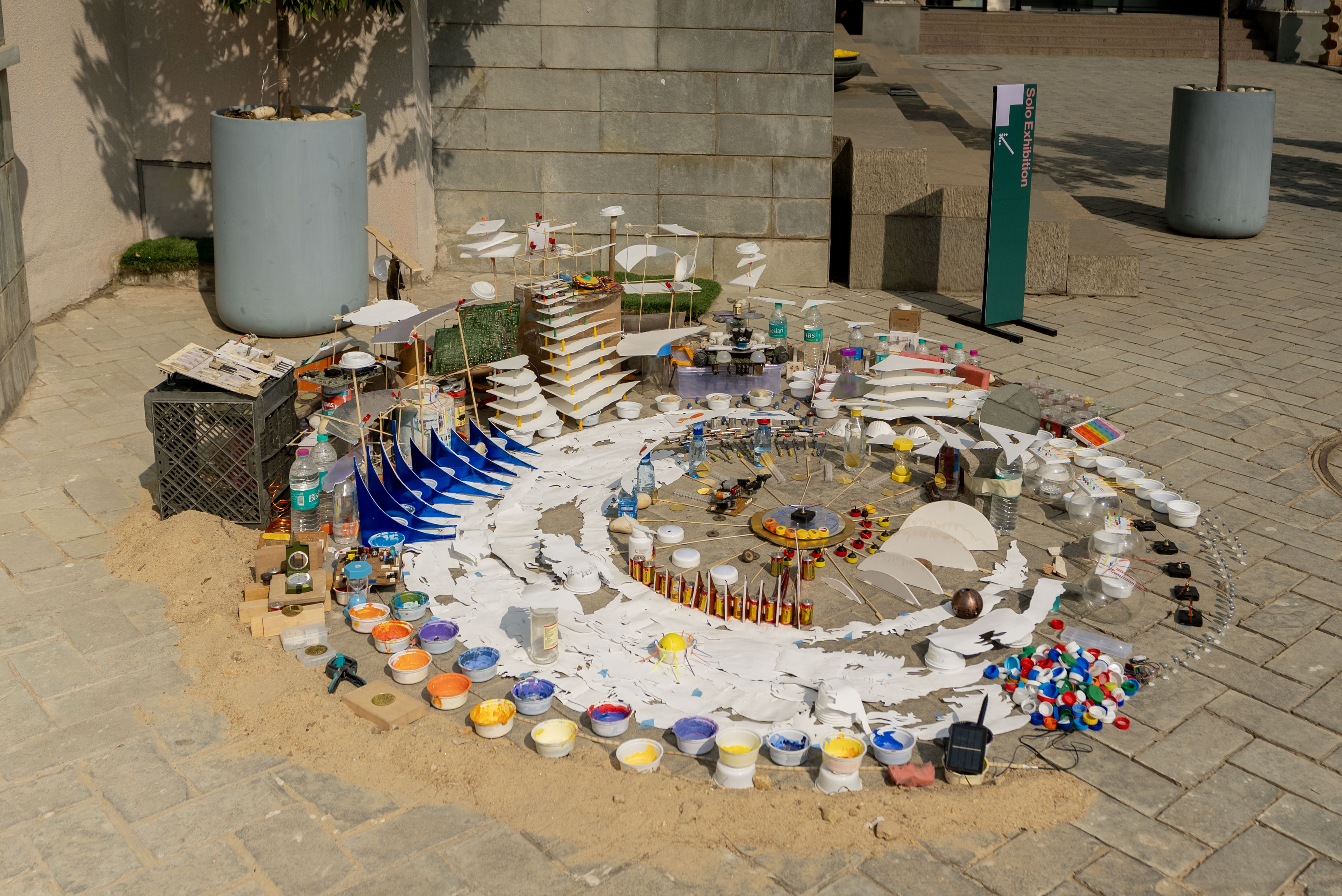
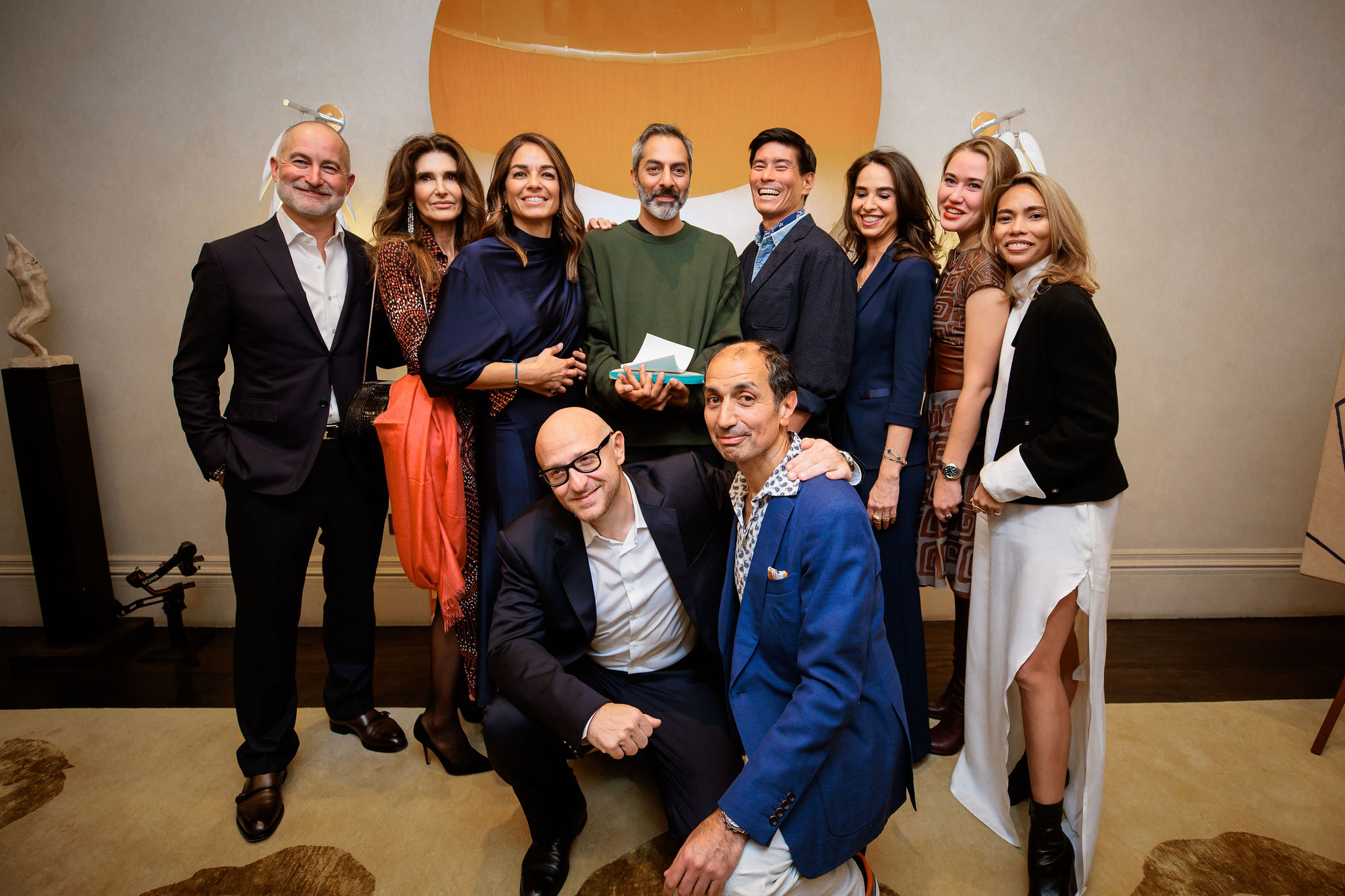
Recent Comments